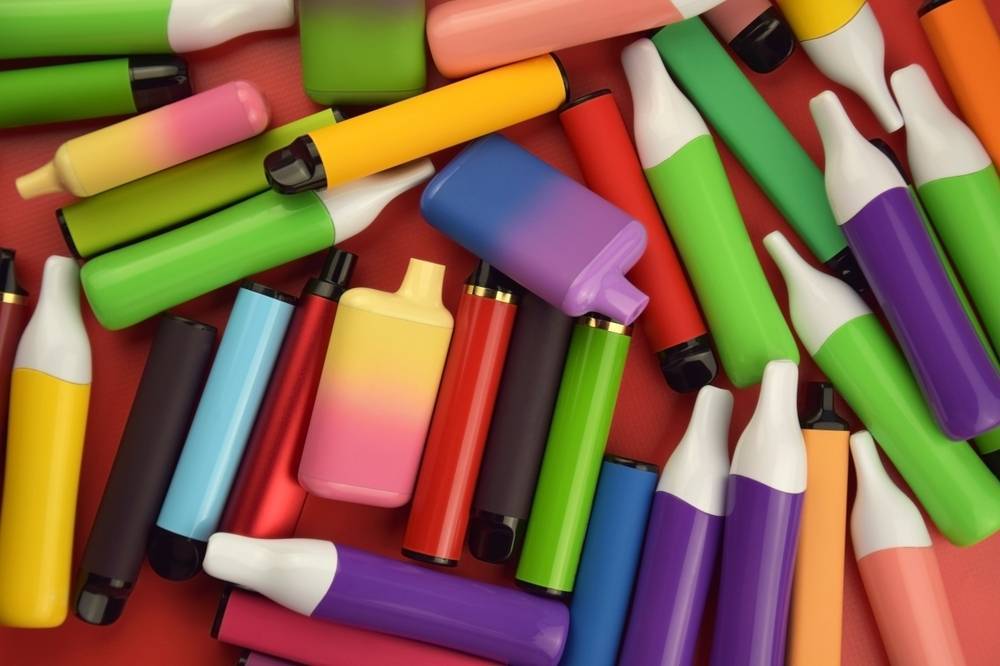Australia has introduced groundbreaking regulations on the sale of vapes, becoming the first country to restrict their sale to pharmacies.
The new laws, effective from 1 July 2024, aim to regulate the importation, sale, and advertising of vapes, including all vaping substances, accessories, and devices.
Overview of Vape Regulation Changes in Australia
Starting 1 January 2024, Australia tightened import controls on all vapes. Importers can only bring in vapes that meet the Therapeutic Goods Administration (TGA) standards. These changes come with revised regulations for therapeutic vapes.
From 1 March 2024, importers must notify the TGA of compliant vapes, ensuring non-compliant products stay out of the Australian market.
Major Domestic Control Measures from 1 July 2024
On 1 July 2024, the Therapeutic Goods and Other Legislation Amendment (Vaping Reforms) Act 2024 came into effect, establishing new domestic controls on all vapes. The legislation bans the domestic manufacture, commercial possession, and sale of non-therapeutic vapes, including disposable vapes, irrespective of whether they contain nicotine or other controlled substances.
This move significantly reduces the availability of potentially harmful vaping products. Pharmacies can sell therapeutic vapes for smoking cessation or nicotine dependence, but these products must meet strict TGA regulatory requirements.
Enhanced Advertising Regulations
The new regulations also introduce a strengthened advertising framework for vapes. From 1 July 2024, all forms of advertising, promotion, and sponsorship of vapes are banned unless specifically authorised. This comprehensive ban covers all media platforms, including social media, print, and digital advertising. The aim is to prevent the promotion of vaping products, particularly to younger audiences, thereby reducing the risk of vaping-related harm.
New Penalties for Non-Compliance
The legislation introduces new offences and civil penalties for the unlawful importation, manufacture, supply, advertisement, and commercial possession of vapes.
Enforcement organisations now have enhanced powers to investigate non-compliance. This includes the right to seize unlawful goods, and share information with other bodies across the Commonwealth, states, and territories. These measures ensure rigorous enforcement of the new regulations and deter illegal activities related to vaping products.
Restricted Vape Flavours
As of 1 July 2024, the range of permissible flavours for therapeutic vapes has been restricted to mint, menthol, and tobacco. Transitional arrangements that previously allowed other flavours have ended. This restriction is part of the efforts to make vaping less appealing to young people and non-smokers, aligning with public health goals to reduce vaping-related harm.
Future Changes on Vape Sales from 1 October 2024
Starting 1 October 2024, Australian pharmacies will offer therapeutic vapes with a nicotine concentration of 20mg/mL or less to patients 18 years or older without a prescription. This change makes it easier for adult smokers to access regulated nicotine vaping products to aid smoking cessation.
Pharmacists will assess the clinical appropriateness of these products for each patient. Patients under 18 will still need a prescription from a medical or nurse practitioner for any vape, as will those requiring vapes with nicotine concentrations exceeding 20mg/mL. These restrictions aim to protect younger individuals and ensure medical supervision for higher concentration vapes. Additionally, state and territory laws may impose further restrictions, addressing regional concerns about youth vaping.
Implications for the Vape Industry
The comprehensive reforms significantly impact the vape industry, particularly manufacturers, importers, and retailers. Companies must ensure all products comply with stringent TGA standards. Adjustments in production processes and increased quality control measures are necessary.
The advertising ban across all media platforms forces businesses to find new, compliant ways to reach their target audiences. These regulations should reduce the availability of non-compliant and potentially harmful vaping products, aligning the industry with public health objectives and ensuring consumer safety.
Moving Forward
Australia’s pioneering steps in vape regulation aim to safeguard public health by controlling the availability and quality of vaping products. These comprehensive measures could serve as a model for other countries grappling with vaping-related health issues.
By limiting sales to pharmacies and enforcing strict standards, Australia seeks to reduce the risks associated with vaping while still providing access to those who use vapes for smoking cessation.
References
1. Changes to the regulation of vapes. (2024, July 1). Therapeutic Goods Administration (TGA). https://www.tga.gov.au/products/unapproved-therapeutic-goods/vaping-hub/changes-regulation-vapes

